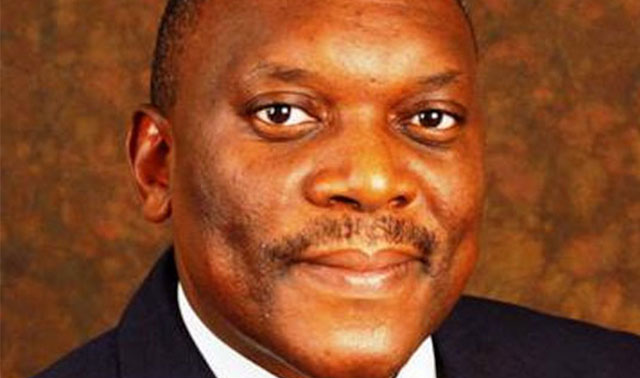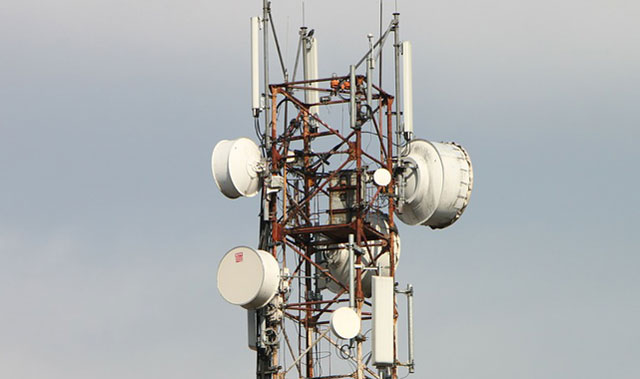
A split in the ANC over how radio frequency spectrum should be allocated has erupted into open warfare, with communications regulator Icasa and telecommunications minister Siyabonga Cwele set for a high-stakes legal showdown over how to proceed.
The split, which risks hobbling South Africa’s ICT sector, comes at a bad time for the mobile operators. They urgently require access to additional spectrum to continue expanding their 4G networks to serve burgeoning consumer demand for access to broadband.
South Africa is at least five years behind schedule in allocating the spectrum, with successive cabinet ministers showing no urgency in formulating a policy on how it should be awarded.
Several well-placed industry and political sources have said that a number of senior figures in the ANC are behind the decision by Icasa on 15 July to press ahead with plans to auction off access to the spectrum, a process that is set to raise at least R12bn for the national fiscus.
But Cwele is opposed to Icasa’s move, saying it would amount to giving the spectrum to entrenched operators, to the detriment of smaller industry players. The minister has vowed to take Icasa to court if it does not back down.
In a radio interview on Thursday, he accused the communications regulator of “rushing to sell spectrum to a few” players.
“There are 400 licensees in this market, yet only six have access to spectrum, let alone the high-demand spectrum,” Cwele said on Power 98.7.
“The spectrum doesn’t belong to them; it doesn’t belong to me. It is a national resource to be used by all South Africans,” he said.
Icasa had been expected to wait for the department of telecoms to finalise an integrated ICT policy review white paper before going ahead with licensing the spectrum.
It is time to let Icasa exercise its authority as a chapter 9 institution, to act impartially in the best interest of South Africa
Cwele promised last year that the white paper, which deals with the spectrum issue, would be published by March, but it was not. It continues to be discussed at cabinet level, the minister said this week through his spokesman, Siya Qoza.
Qoza also said Cwele denied there were divisions within the ANC on the draft policy. He said the policy was based on decisions made when the party’s national general council met last year.
But industry insiders argued that the fact that Icasa — despite being an independent chapter 9 institution — had in the past shown zero inclination to break ranks with the politicians, demonstrated clearly that it had the backing of senior people in the ANC for its auction initiative.
One source with intimate knowledge of developments said Icasa had support from ANC figures who were senior to Cwele, putting the minister in a difficult position politically.
Jackson Mthembu, who chairs the ANC’s subcommittee on communications, declined to comment, as did the party’s national spokesman, Zizi Kodwa.
Icasa CEO Pakamile Pongwana did not respond to a request for an interview this week. However, at the time of going to press, the regulator showed no sign of relenting on Cwele’s demand that it stop the process, insisting it would go ahead with the invitation to apply.
It has set out a timetable that will lead to an auction, to be managed by a specialist spectrum auctioneer, early next year.
Icasa spokesman Paseka Maleka said in a statement that the regulator had followed the law in issuing the invitation to apply and would not backtrack, despite Cwele’s demand.
Vodacom and MTN have both publicly expressed their unease about Cwele’s apparent plan to allocate spectrum outside of an auction process. Relations between Cwele and the operators are understood to be tense.

The CEOs of Vodacom, MTN and Cell C — Shameel Joosub, Mteto Nyati and Jose Dos Santos — have all signed a document, which this publication has seen, in which they set out agreed principles regarding how spectrum should be allocated. It is understood the three companies agreed to draft the document, which is dated 22 April, after being requested to do so by senior ANC figures who told them that a united front would better serve the industry’s interests. Telkom, in which the government holds a 39,8% stake, is not a signatory.
In their document, the three CEOs said the draft white paper showed that the government intended assigning spectrum in the 700MHz, 800MHz and 2,6GHz bands without an auction.
The government, they said, also intended establishing a single wholesale network consortium, allocating the available spectrum to the consortium, and imposing open-access obligations on all networks, including accounting separation, cost-based pricing and active infrastructure sharing.
The CEOs’ document states that high-demand spectrum should be assigned through an auction or, failing that, through a transparent administrative process.
Joosub recently described Icasa’s decision to auction the spectrum as a “major progressive step for the economy, South Africa’s telecoms industry and the country”, while Nyati said auctions meant that regulators were “seen to act in a transparent manner”, adding that “significant research and literature indicate that an auction is the optimal approach for a regulator to take when licensing spectrum ”.
The Democratic Alliance warned this week that an opaque licensing process could open the door to corruption.
The party’s spokeswoman on telecoms, Marian Shinn, said Cwele should abandon his plan to sue Icasa.
“It is time to let Icasa exercise its authority as a chapter 9 institution, to act impartially in the best interest of South Africa,” she said. She commended Icasa for going ahead with the invitation to apply, against the wishes of the ministry.
The ANC is also deeply divided over encryption for digital terrestrial television.
- This article was originally published in the Sunday Times of 31 July 2016

